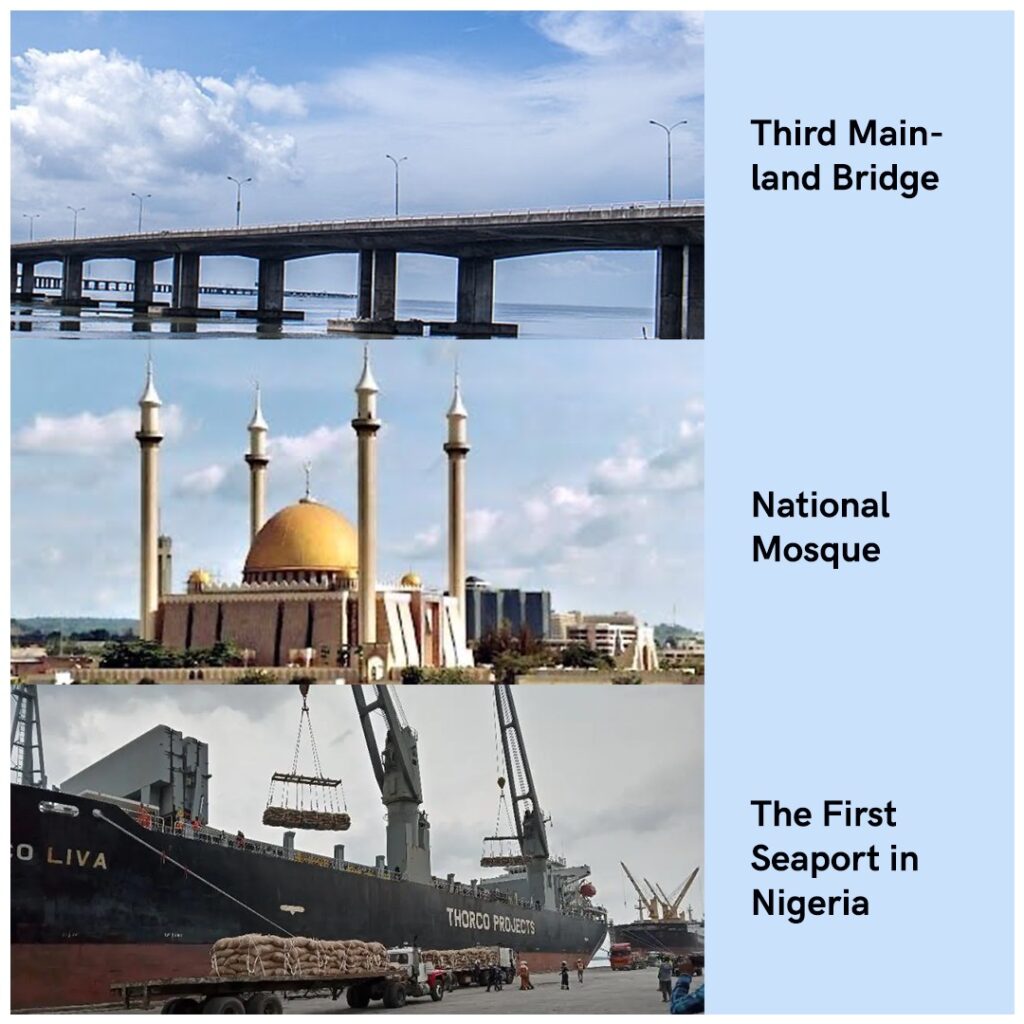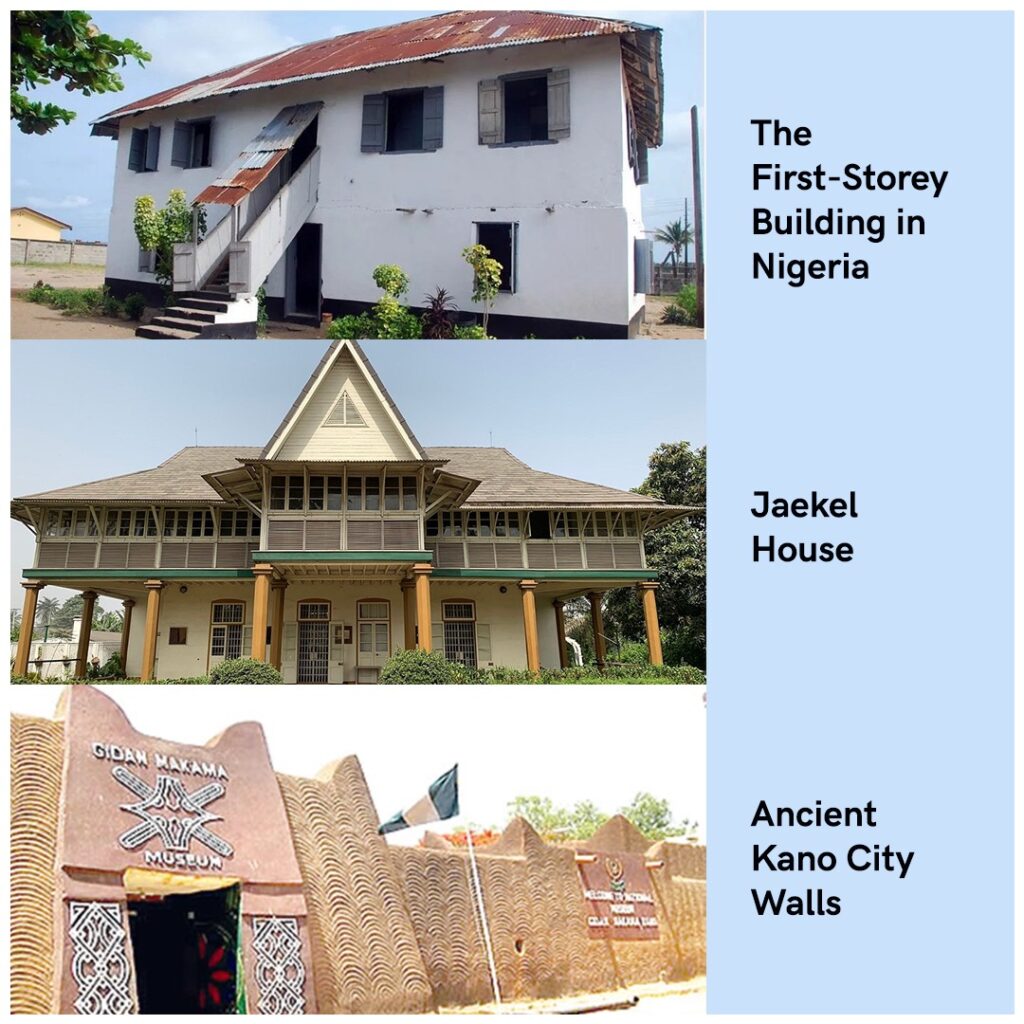Nigeria is a country with a rich history and a diverse cultural heritage. From ancient kingdoms and empires to modern political and economic centers, Nigeria has played a significant role in shaping the course of African history. In this blog post, we will explore 27 historic buildings and structures, showcasing their cultural and historical significance and highlighting their importance to the people of Nigeria. Whether you are a history lover, a traveler, or just someone interested in learning more about this vibrant and fascinating country, this blog post is sure to provide you with an enlightening and enjoyable reading experience.
- The First-Storey Building in Nigeria
- Jaekel House
- Ancient Kano City Walls
- Third Mainland Bridge
- National Mosque
- The First Seaport in Nigeria
- Mallam Aminu Kano International Airport
- Cocoa House
- River Niger Bridge
- St George’s Hall
- Bodija housing estate
- National War Museum
- The Water House
- Mary Slessor’s house
- Oba of Benin Royal Palace
- Cathedral Church of Christ
- Gobirau Minaret
- National Arts Theatre
- The first and oldest hospital in Nigeria
- Lord Lugard footbridge
- Abubakar Tafawa Balewa University Library
- Oldest Power Plant in Nigeria
- The Great Wall of Ijebu Ode Kingdom
- Mapo Hall
- The first Motorable Road in Nigeria
- Port Harcourt Refinery
- Captain Bower’s Tower

Conclusion of the historic buildings and structures in Nigeria
Nigeria has a rich history and cultural heritage, as evidenced by the numerous historic buildings and structures scattered throughout the country. From the ancient kingdoms of Benin and Ife to the colonial-era buildings of Lagos and Calabar, these structures offer a glimpse into the past and a sense of pride for present-day Nigerians. While some of these buildings are well-preserved and open to the public, others are in need of restoration and preservation efforts. Regardless, they all play a vital role in showcasing the country’s diverse and fascinating history.

“In addition to the historic buildings and structures that have stood the test of time, Nigeria’s present-day construction industry is also thriving. From modern skyscrapers in Lagos to the development of new infrastructure projects across the country, the construction industry is a major contributor to Nigeria’s economic growth. .”
Peter Bowman
While it is important to preserve and honor the country’s rich history, it is also crucial to continue building and developing for the future. As Nigeria looks towards a bright and prosperous future, the combination of both historic and modern construction will undoubtedly play a significant role.
SOURCE Datum


